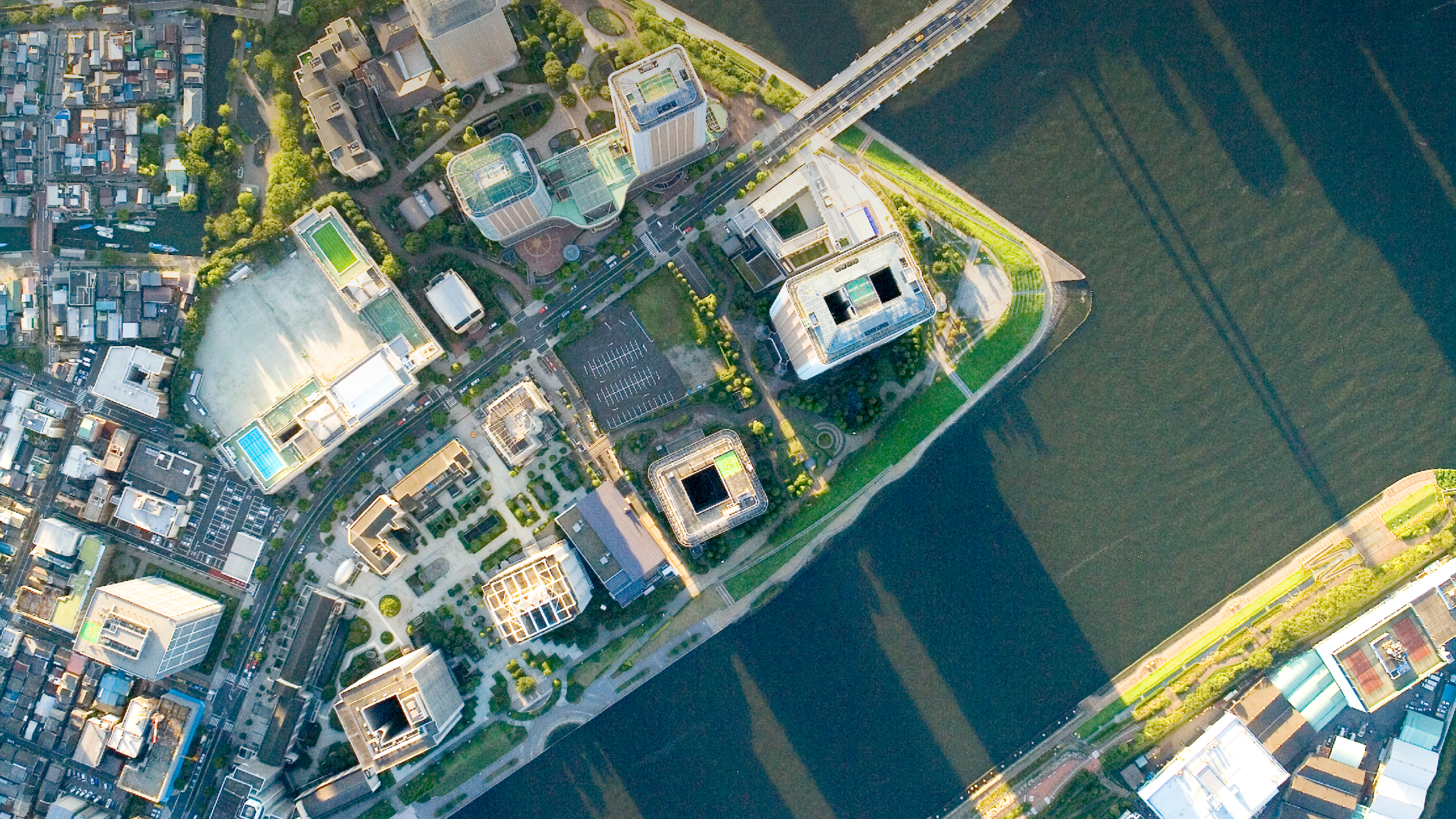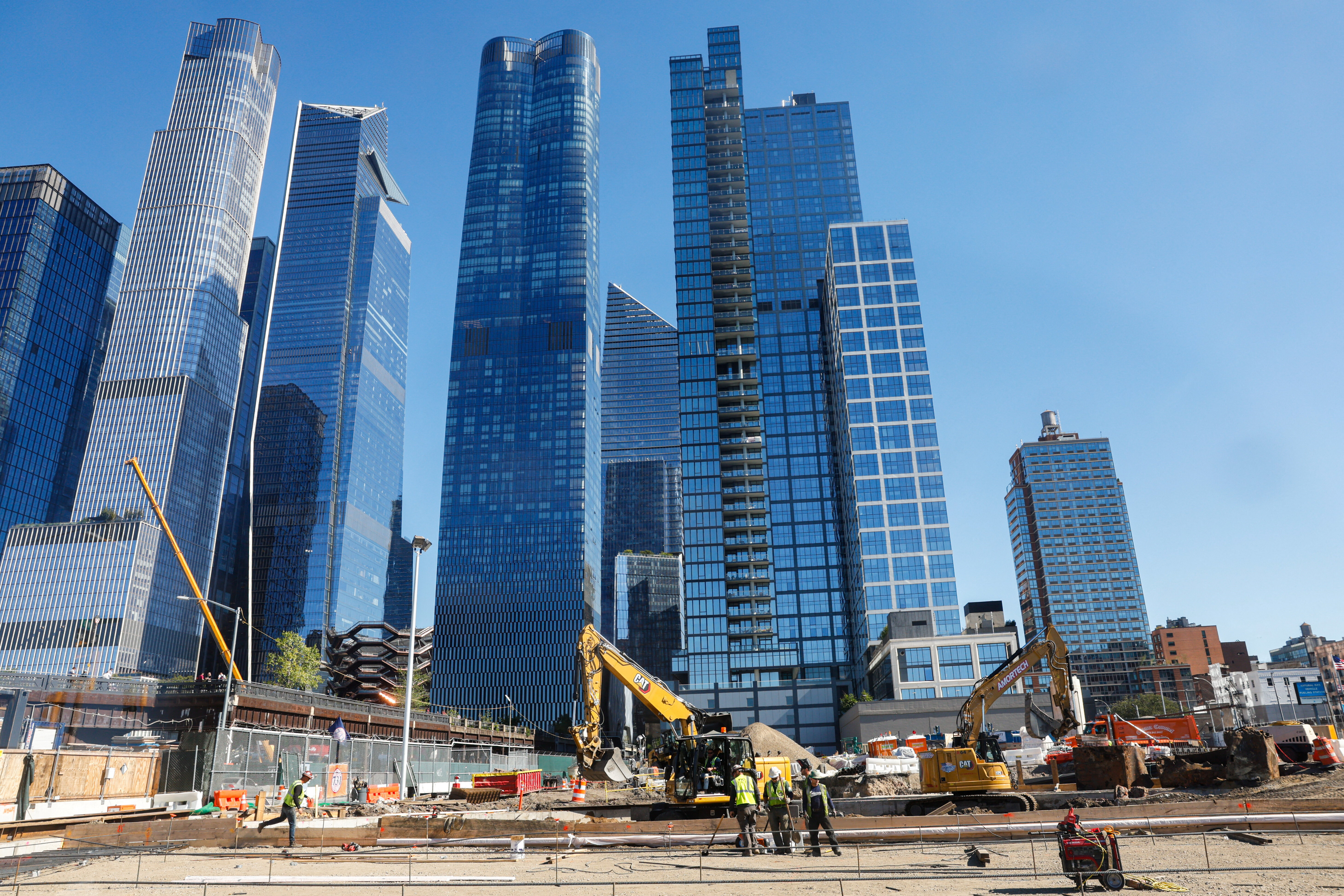Understanding environmental warnings in urban areas

Using indigenous knowledge can save lives. Image: REUTERS/Tim Wimborne
Indigenous knowledge about how to spot flood risks ahead of time could save lives in cities, researchers said on Wednesday, as climate change and population growth put millions of people at risk of increasingly unpredictable weather patterns.
Understanding changes in natural indicators - such as plants, birds and temperatures - could be used to alert urban residents to extreme weather where forecasts are seen as unreliable, said a study in the Journal of the British Academy.
"Indigenous knowledge is often overlooked," said Caroline Knowles, director of the cities and infrastructure programme at the British Academy, the UK's national body for humanities and social sciences.
"There are knowledge transfers that can be made between rural and peri-urban spaces that could save lives and livelihoods around the world," she told the Thomson Reuters Foundation.
The study interviewed 1,050 people in 21 rural and urban communities in Ghana, including the capital city Accra and the main city of Tamale in its Northern Region.
Researchers documented natural indicators used by indigenous communities to predict floods, droughts and temperature changes.
Those include links between rainfall patterns and ant behaviour, appearances by certain birds, flowering of baobab trees and observations of heat intensity, passed down between generations.
Knowles said not all rural indicators could be transferred to urban spaces, but some are relevant for both environments, such as clouds, heat, insects and trees.
Promoting tree-planting in urban areas could offer further opportunities to apply indigenous knowledge on flora in cities, said study author Raymond Abudu Kasei from Ghana's University for Development Studies.
More than 3 million urban dwellers could be at risk of flooding from extreme rainfall by 2050 as climate change brings more unpredictable weather hazards, the study said.
Extreme heat and power blackouts, alongside food and water shortages, are other threats if climate-changing emissions are not curbed, a 2018 report for the C40 cities network found.
As floods become more sudden and hard to predict, the inclusion of indigenous knowledge in science-based warning systems should be prioritised, researchers said this week.
"We have seen the use of indigenous knowledge for climate adaptation all over the world," said Stefan Thorsell, climate advisor at the International Work Group for Indigenous Affairs, who was not involved in the study.
"Indigenous people in Tanzania, Zimbabwe, Myanmar and Ethiopia, for example, use their knowledge to observe and mitigate impacts of extreme climate events such as flooding and droughts," he added.
Dialogue is needed between indigenous groups and climate researchers as "both can learn from one another", said the British Academy's Knowles.
Indigenous knowledge can be used as an "added layer" to scientific research in designing early warning systems for floods, said Kasei.
More work is needed to document traditional knowledge at risk of being lost as the natural environments in which indigenous peoples live become more threatened by climate-related disasters, the study noted.
Don't miss any update on this topic
Create a free account and access your personalized content collection with our latest publications and analyses.
License and Republishing
World Economic Forum articles may be republished in accordance with the Creative Commons Attribution-NonCommercial-NoDerivatives 4.0 International Public License, and in accordance with our Terms of Use.
The views expressed in this article are those of the author alone and not the World Economic Forum.
Stay up to date:
Cities and Urbanization
Related topics:
Forum Stories newsletter
Bringing you weekly curated insights and analysis on the global issues that matter.
More on Urban TransformationSee all
Naoko Tochibayashi
November 18, 2025







